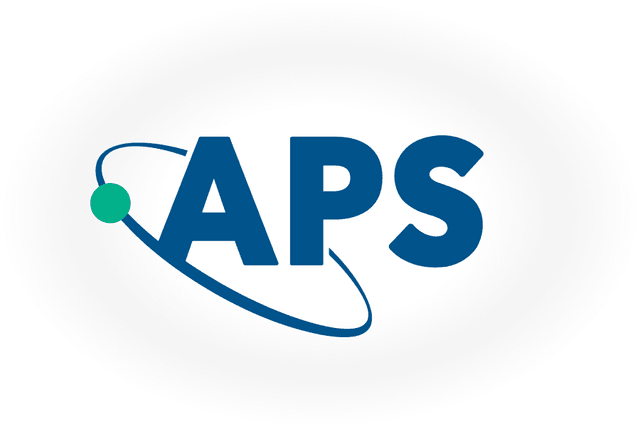Educational Concerns
Ethics in science are primarily learned informally through mentors and by observing the behavior of those around us. For many, our experiences as undergraduates and graduate students is the first time we encounter any ethical questions specifically related to science. Issues involving data collection, authorship, and collaboration might easily be encountered the first time a student participates in a summer research program.
Ethical issues relevant to undergraduates also often involve faculty and university administrators. Conflicts that involve students can be magnified when there are imbalances in experience, status, or power.
It is important to be conscious of both the role that senior scientists have in educating students about scientific ethics and the relative lack of power of undergraduates in the academic environment. For students, it may be helpful to learn and discuss ethical standards before encountering them firsthand. Below, we include two scenarios relevant to undergraduate concerns.
There are also issues that have been grouped under this heading which pertain to activities within an academic department.


